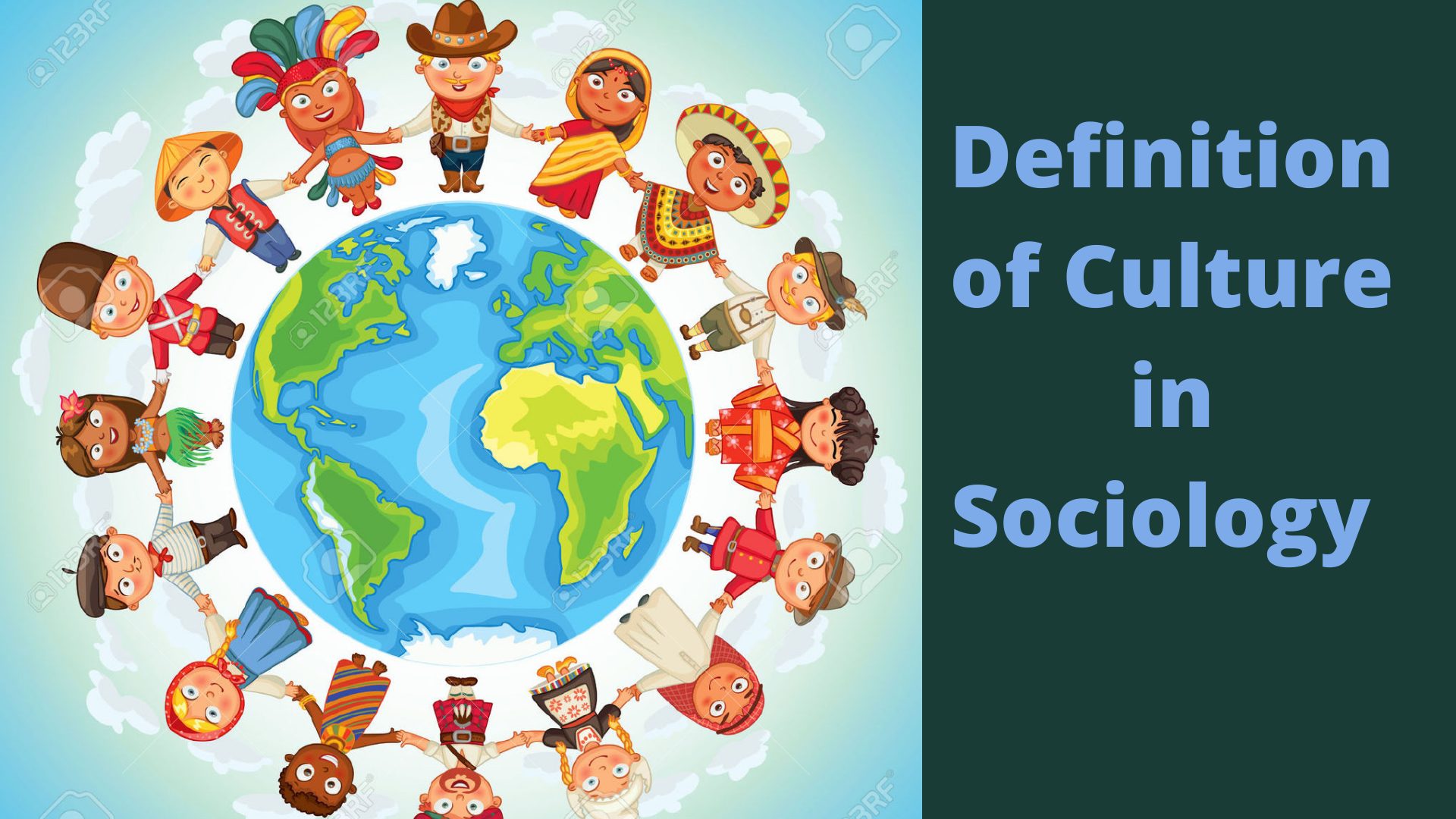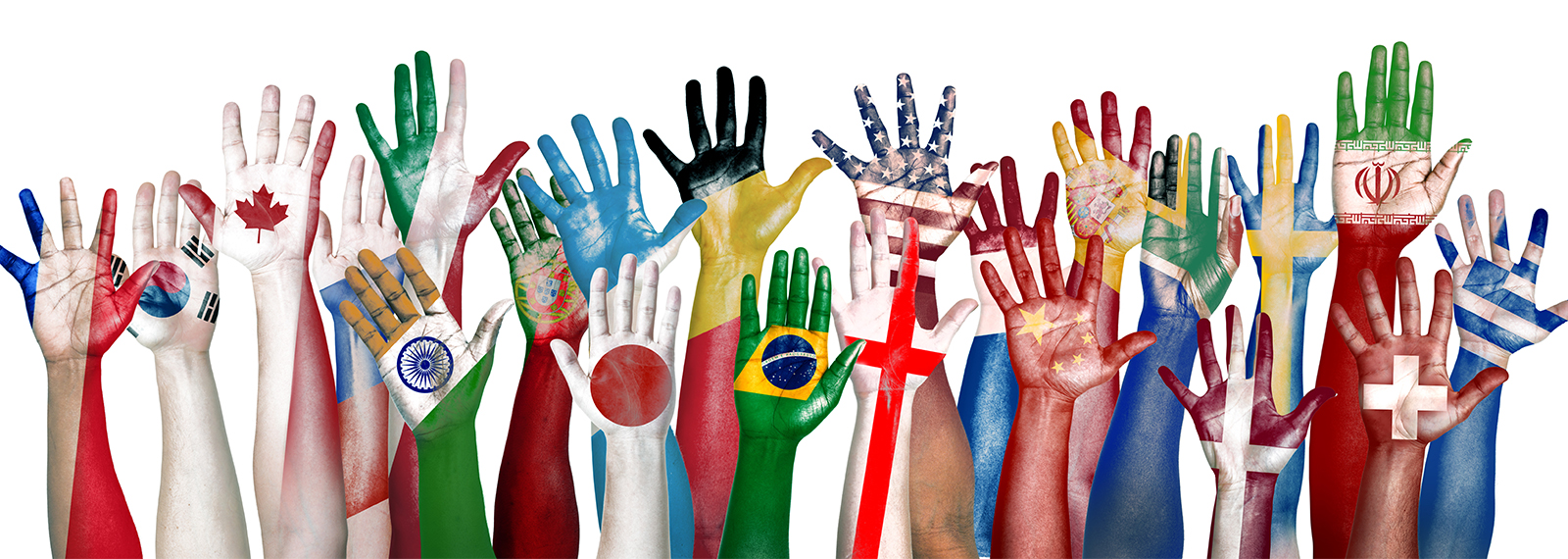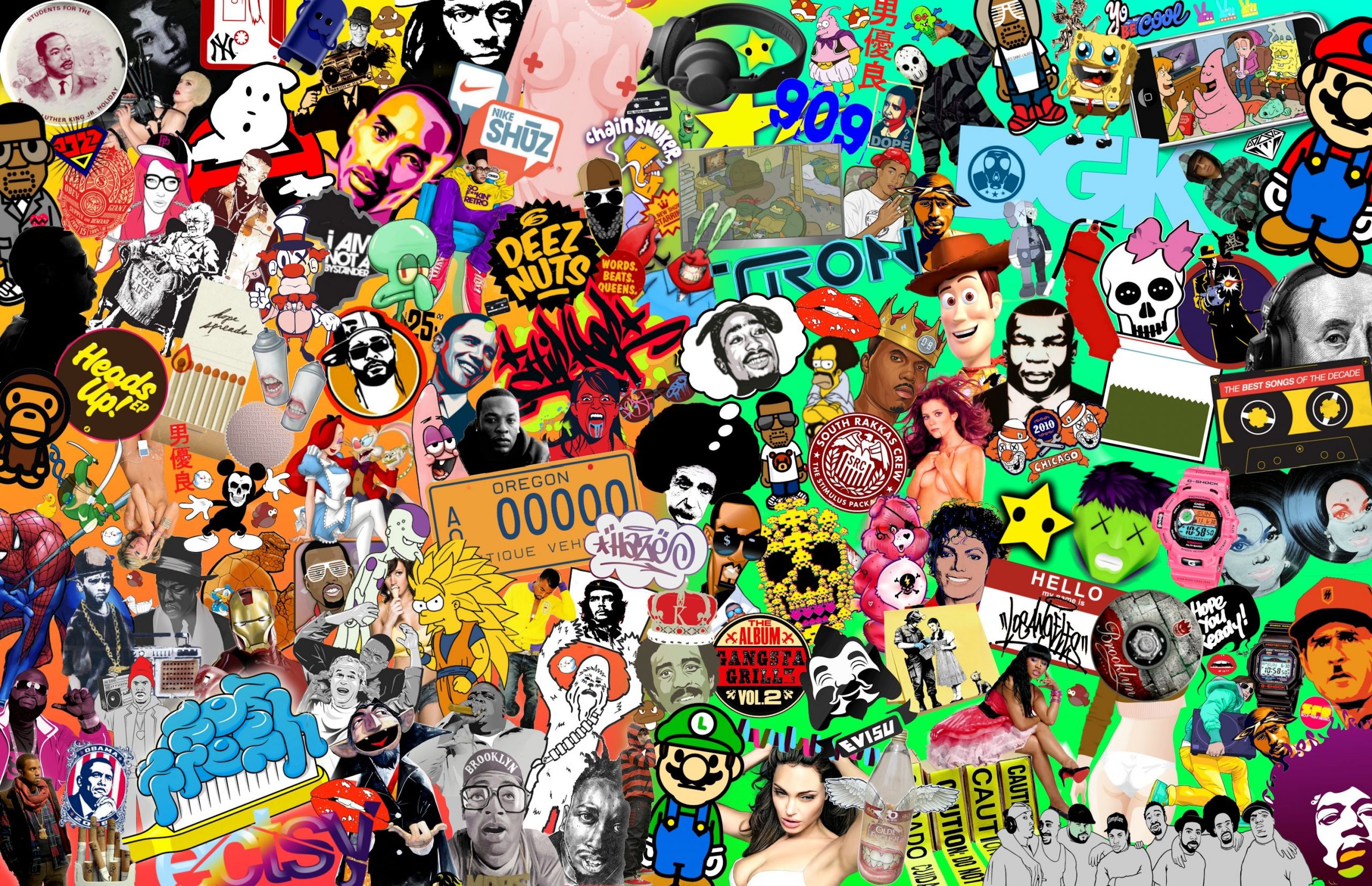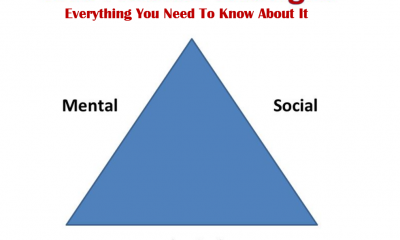Definition of Culture in Sociology: Detailed Explanation

Human beings are social animals. They have various groups for identification and recognition. Moreover, they have different styles of living. In this era, people can easily buy whatever they want at any time. But shopping styles are a bit different in various countries of the world. So you can call it shopping culture. There can be various layers inside the same culture. The symbolic information and communication, including attitudes, skills, values, knowledge, and beliefs are referred to as culture. Society transmits these symbols with the help of its institutes. Furthermore, culture explains the behavior in its widest sense. It is the combination of people’s learned experiences that is transferred through social learning.
Introduction to the Culture
Before explaining the definition of culture in Sociology, let us look at the introduction of culture. When you want to earn money and want to do a job, first you apply for a job. After applying, you appear in the test. In the next step, you wait for the test result. If you clear the test, you will get a call from the human resource department to apply for the job. They conduct your interview. If they are satisfied with your interview, they finally hire you for the job. Then you start going to your job after passing through these steps. So what are these steps? This is all the corporate culture in many countries.
Example of the Corporate Culture
In addition, there is a cultural layer that relates to the culture of a specific organization or company. Also, it applies to all the people working in that particular organization. Therefore, it refers to the cultural layer at the corporate level. Anyone who wants to be a part of the corporate sector will have to pass through all the stages. Moreover, there are some examples of folk culture also. But according to Sociology, culture faces many changes over time. There can be various layers inside the same culture. People have to accept those changes and act accordingly. In this article, we give you a detailed definition of culture in Sociology.

Different Cultures in the World
Definition of Culture in Sociology
Now the question arises what the culture is. The following list refers to the definition of culture in Sociology:
- Culture is the combination of shared values, norms, and beliefs of people.
- Culture refers to the way of living life that passes from one generation to another consisting of behaviors, values, and symbols.
- The accumulation of experiences, beliefs, attitudes, behaviors, values, religions, and knowledge of a group of people is called culture.
- Culture depicts the method of sharing the knowledge of a large group of people.
- The communication of a group of people refers to the culture.
- The summation of the learned behavior of a specific group of people is known as culture. Moreover, this learned behavior is transferred from one generation to another.
- Culture involves a combination of thoughts in minds that differentiates the people of one group from others.
Theory Related to Culture
The theory of cultural determinism says that human beings are flexible creatures up to an infinite limit. They can live their lives the way they want to live. Human nature relates to values, meanings, beliefs, and ideas. People freely choose what they want to learn. This theory has no limitations regarding the abilities of human beings. The experts who are familiar with human nature argue that there is no exact way for human beings. The human beings themselves decide the way they want to live their lives.
So this theory states that people can freely live their lives in society. There are no obstacles or hindrances imposed by society on their ways of living. This approach gives rise to the culture. Moreover, it is the optimistic approach of culture. The majority of anthropologists are in favor of this approach.
But the pessimistic approach of this theory is different. It says that human beings will do what society asks them to do. They have passive behavior in society. They will live their lives according to the conditions imposed by society. In addition, according to the pessimistic approach, the way of living is beyond the control of human beings.
Is There Any Relativism in Culture?
People have different groups of cultures. Every cultural group has its features. Moreover, every group behaves differently, thinks differently, and works differently. Science has given no standards or parameters to judge any cultural group as superior or inferior. So you analyze the cultural groups to identify points of difference. It refers to cultural relativism. This makes judgments based on the differences of various cultural groups. So it would be best to get enough information regarding the differences between the cultural groups.
What is Meant By Reductionism and Ethnocentrism?
When people think that their culture is better or superior to others, this feeling gives rise to reductionism. Moreover, different companies are working together in the global scenario with one another. Therefore, they should understand the ideas, beliefs, and norms of others. So ethnocentrism relates to the factors that one country should comprehend and analyze while dealing with the other country. One effective way to study all the behaviors, religion, norms, traditions, values, beliefs, and rituals is when one country deals with the other globally.
The country should not prioritize its benefits. Despite this, every country should think about the global economy. It should think about the environmental issues and problems. It should not only focus on its goals but the goals of the entire globe. A country should know the cultural aspects of the other countries. In this way, it can achieve all the national requirements easily. The countries can make cost-benefit analyses for the changes. Because some sudden changes can affect the values of the country.
What Are the Cultural Differences?
There are different types of cultural differences. We can see the manifestation of cultural differences at various levels. For example, values are at the deepest level. Symbols are at the superficial level. Rituals and heroes lie in between the other levels.
- Symbols are those gestures, signs, words, and objects with a specific meaning for the specific group of people who belong to the same culture. Over time, culture accepts some new symbols and removes the old symbols. A group of people copies the symbols. Therefore, symbols lie at the superficial level.
- Rituals are those social activities that are important for the whole society. They include religious activities, greetings, and ceremonies.
- Heroes are those people who have the characteristics and qualities that society appreciates widely. People imitate their behaviors and values.
- Values lie at the deepest level of culture. They include the preferences of doing some particular acts. For instance natural acts, unnatural acts, right acts, or wrong acts. Usually, people do not discuss values. So they cannot copy them. Only those people who are adopting values are familiar with them.
Culture is an intangible feature of society. Whereas the symbols, rituals, and heroes are the tangible aspects of the culture. Therefore, it is interesting to know the definition of culture in Sociology.

Cultural Differences
What Are the Layers of Culture?
Following are some layers of the culture:
- The Cultural Layer at the Regional Level
This cultural layer relates to the language, ethnicity, and religious aspects of the people of the nation.
- The Cultural Layer at the National Level
This cultural layer relates to the entire nation on a wider level.
- The Cultural Layer at the Gender Level
This cultural layer relates to genders, such as male or female.
- The Cultural Layer at the Societal Level
This cultural layer relates to the occupation and educational levels of the people of the society.
- The Cultural Layer at the Generation Level
This cultural layer relates to the various generations, such as parents, children, and grandparents.

Various Cultures in the World
Summary
Culture is the combination of shared values, traditions, norms, beliefs, rituals of the people of the society. The definition of culture in Sociology is vast. The theory of cultural determinism argues that optimistically, human beings are free in living their lives. But pessimistically, they have to follow the norms set by society. Moreover, they cannot live as per their style. Further, there are many differences in the culture. For instance values, rituals, heroes, and symbols lie at different locations. In addition, culture has some layers at different levels. In short, defining culture is covering one of the widest topics in Sociology.
-
Culture3 years ago
Viking Braids: Styles, Ideas and Method for Men and Women
-
Culture3 years ago
Cultural Integration: Definition, Examples, And Benefits
-
Culture3 years ago
Carmen Winstead: Full Story About the Terrorized 17 Year Old Girl
-
Fitness3 years ago
Best Royal Rumble Matches In WWE History
-
Culture3 years ago
Germany or Sweden: Which is Better For Lifestyle And Why
-
Culture3 years ago
German Mythological Creatures from German Folklore
-
Culture3 years ago
Health Triangle: Everything You Need To Know About it
-
Culture3 years ago
10 Best Examples Of Folk Culture




















